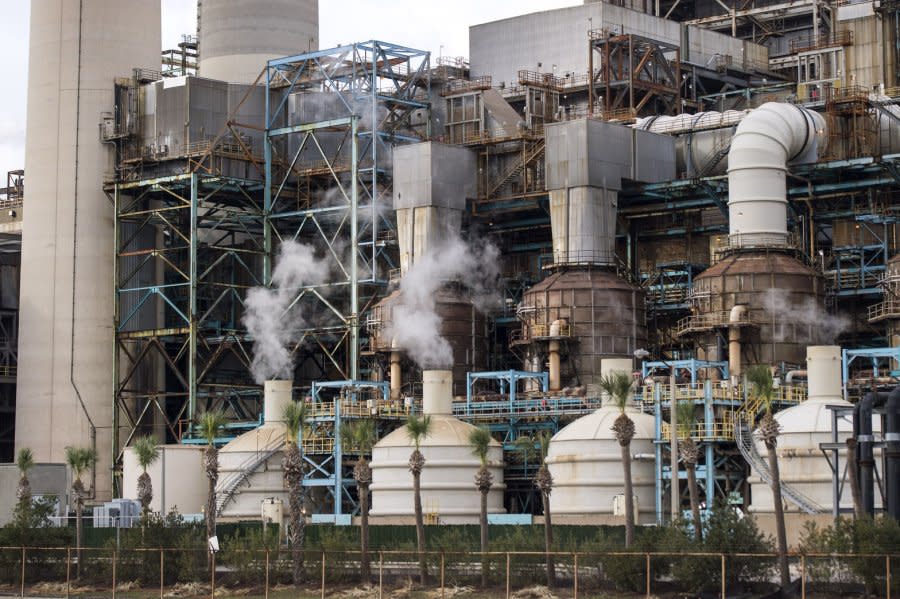New EPA regulations targeting power plants likely to face legal challenges

May 1 (UPI) -- Electric power generation in the U.S. is shifting rapidly away from fossil fuels toward cleaner and lower-carbon sources. State clean energy targets and dramatic declines in the cost of renewable electricity are the most important reasons.
But fossil fuel plants still generate 60% of the U.S. electricity supply, producing air, water and land pollutants and greenhouse gases in the process. To reduce these impacts, the Environmental Protection Agency announced a suite of rules on Thursday. They focus mainly on coal plants, the nation's most-polluting electricity source.
As an environmental lawyer who has been in practice since the early 1970s, I believe these curbs on power plant pollution are long overdue. The new rules close loopholes in existing laws that have allowed coal-fired power plants to pollute the nation's air and water for decades. And they require utilities to drastically slash these plants' greenhouse gas emissions or close them down.
Opponents, including industry groups and Republican attorneys general, have raised concerns, and some have vowed to sue. They argue that the EPA has overreached its legal authority and is imposing crippling costs on the coal industry. While these arguments may resonate with conservative judges, in my view the EPA's carefully crafted rules are on firm legal ground and have a strong chance of being upheld.

